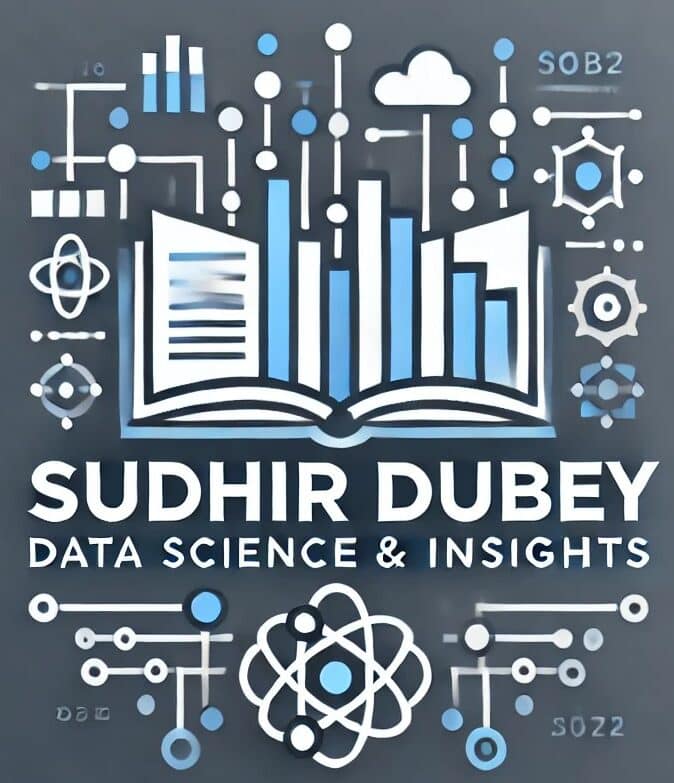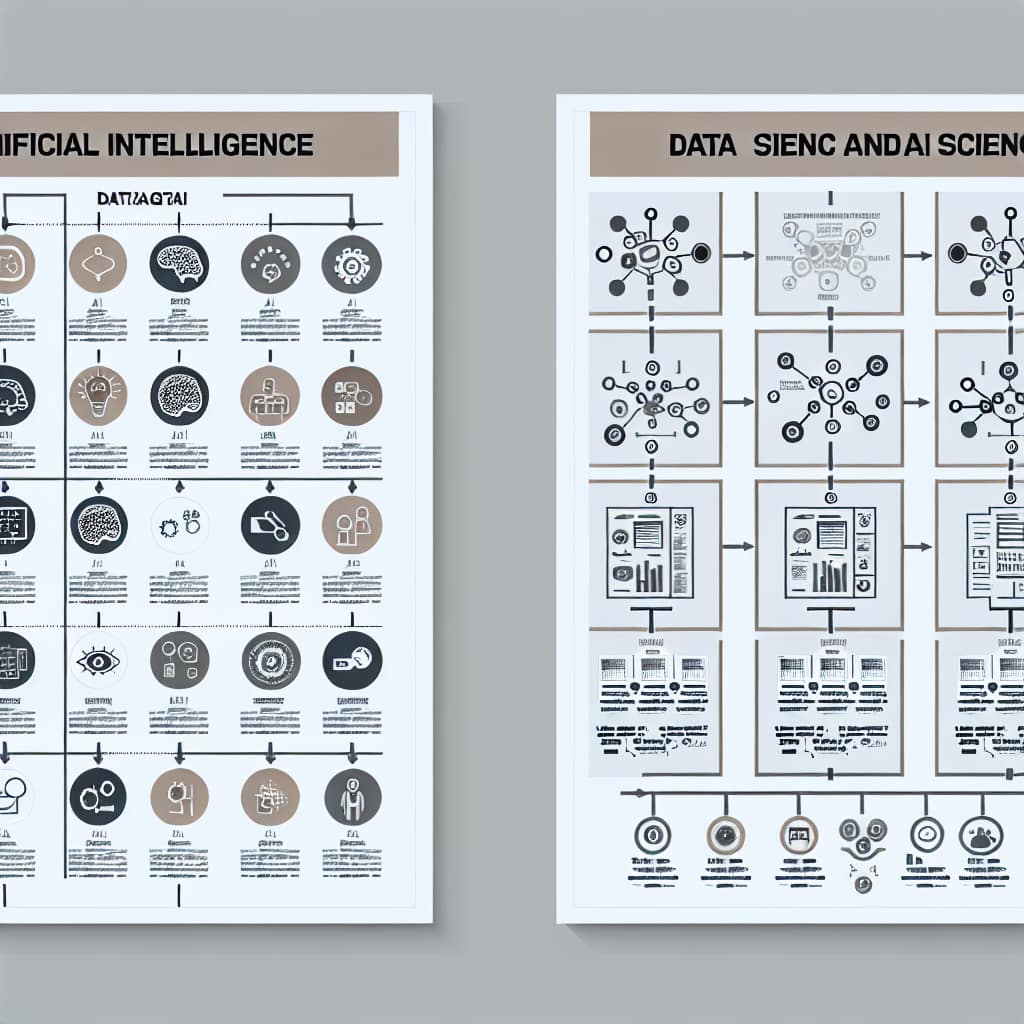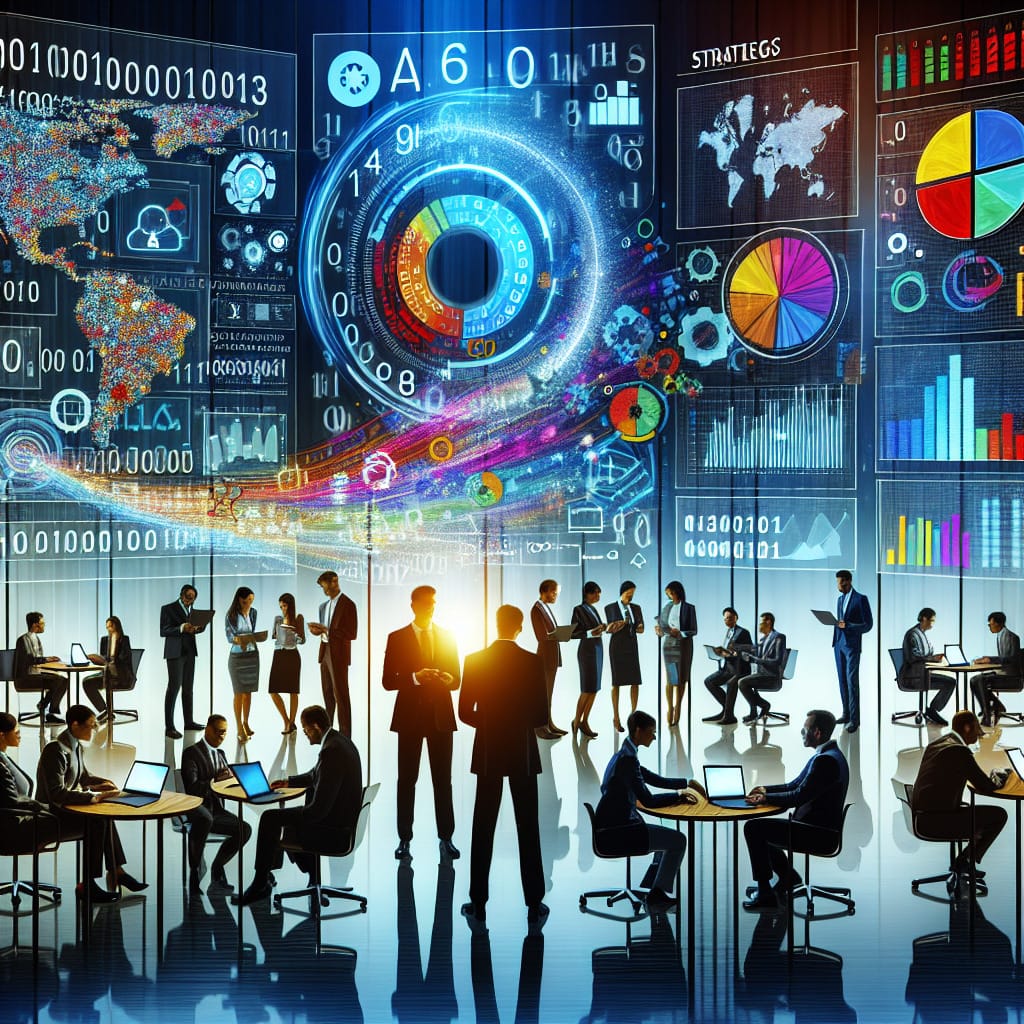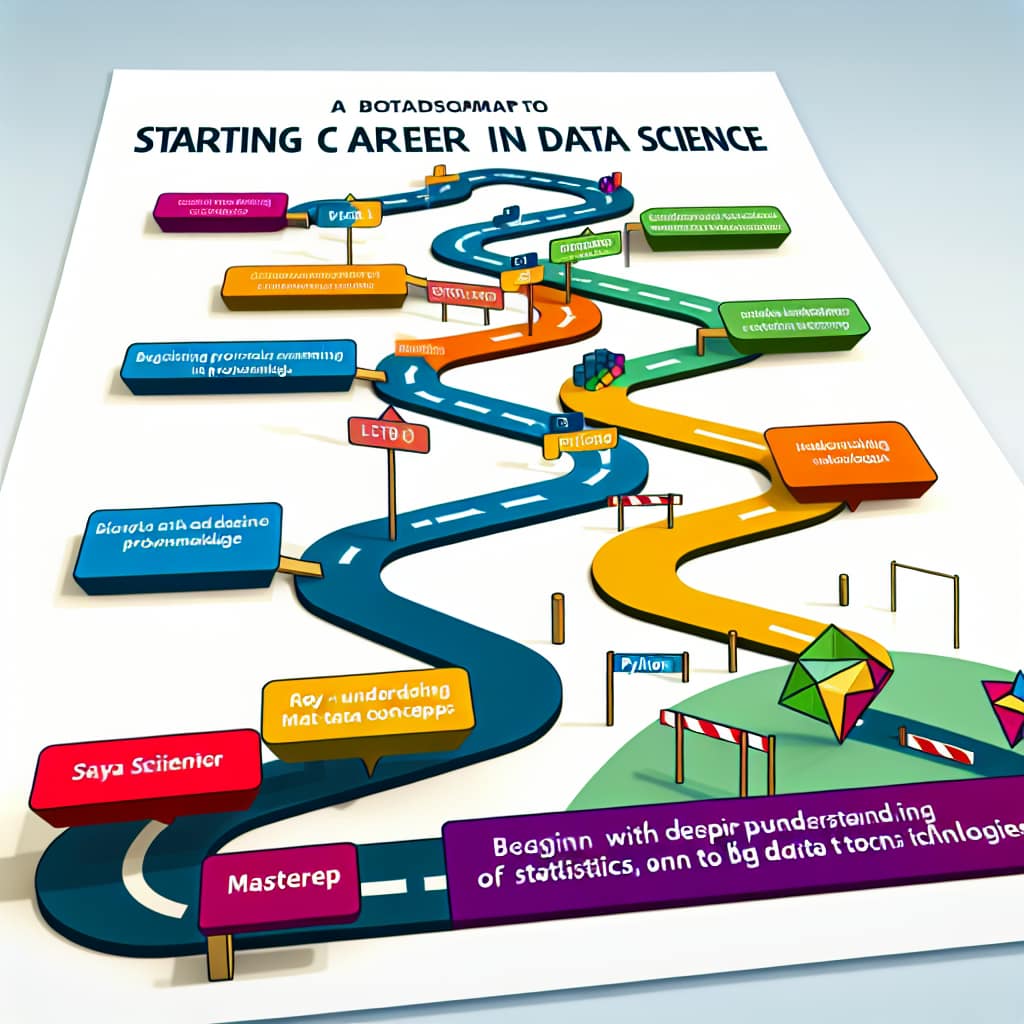AI vs Data Science: Essential Insights for 2025
In the rapidly evolving world of technology, understanding the nuances in AI vs data science is becoming increasingly crucial in 2025. As businesses and professionals grapple with digital transformation, discerning the differences and synergies between these fields can provide a competitive edge. This article dives deep into the core distinctions, applications, and trends in AI data science comparison, offering insights for enthusiasts and professionals alike.
We will explore the unique characteristics of AI and data science, their intersections, and their individual impact on modern industries. By the end, you’ll have a clear grasp of how these disciplines shape our digital landscape.
Introduction to AI vs Data Science
Artificial Intelligence (AI) and data science represent two critical pillars of technological advancement. While AI focuses on creating systems capable of mimicking human intelligence, data science is dedicated to extracting insights from data. Together, they drive innovation across industries—from healthcare to finance.
Professionals often face a challenge in distinguishing between AI and data science, especially as their applications overlap significantly. This section aims to dismantle common misconceptions and provide a foundational understanding of each discipline.
Applications and Impact
Artificial Intelligence
AI is transforming industries by automating tasks that require human-like decision-making. In healthcare, AI algorithms are improving diagnostic accuracy, while in finance, they enable sophisticated fraud detection mechanisms.
Data Science
Data science empowers organizations to analyze vast datasets and extract meaningful insights, shaping business strategies. For example, e-commerce platforms leverage data science to enhance customer experience through personalized recommendations.
The overlap between AI and data science becomes evident in scenarios such as predictive analytics, where data science processes data, and AI tools apply learned patterns to forecast outcomes. This synergy is catalyzing unprecedented levels of efficiency and innovation.
Frameworks and Tools
AI Frameworks
Popular AI frameworks like TensorFlow and PyTorch enable developers to build and deploy AI models with ease. These tools support complex neural network architectures and have extensive communities offering rich resources. TensorFlow provides comprehensive documentation for learners and experts.
Data Science Tools
In data science, tools like R and Python’s libraries (Pandas, NumPy) are staples for data manipulation and analysis. Platforms such as Jupyter Notebook facilitate collaborative and interactive environment conducive to a data-driven workflow.
Emerging Trends in 2025
The Rise of AutoML
Automated Machine Learning (AutoML) is democratizing AI by simplifying the process of model creation and optimization. This trend is lowering the barriers to AI adoption, as businesses can deploy models without deep expertise.
Edge AI
As edge computing expands, AI is increasingly being deployed on devices, enabling real-time data processing and decision-making. This trend is particularly influential in the Internet of Things (IoT), enhancing the efficiency of smart devices.
Data Ethics and Governance
With growing concerns over data privacy, ethical data handling practices are becoming a priority. Companies are investing in robust data governance frameworks to ensure compliance and build trust with consumers.
Case Studies
AI in Healthcare: Precision Medicine
AI algorithms are revolutionizing precision medicine by analyzing patient data to recommend tailored treatments. Companies like IBM Watson are leading efforts to harness AI for targeted cancer therapies.
Data Science in Retail: Inventory Optimization
Retail giants are leveraging data science to optimize inventory management, reducing overstock and understock scenarios. Data-driven insights guide procurement and logistics, saving costs and enhancing service delivery.
FAQ
What is the main difference between AI and data science?
AI focuses on creating algorithms that mimic human intelligence. Data science deals with extracting insights from structured and unstructured data.
How do AI and data science complement each other?
AI and data science complement each other in predictive modeling, where data science processes data for AI to make informed predictions.
Can someone specialize in both AI and data science?
Yes, professionals often have cross-discipline expertise, utilizing data science skills to handle data and AI knowledge to develop intelligent systems.
Are there tools that support both AI and data science?
Yes, platforms like Apache Spark support data science and AI tasks, providing an integrated ecosystem for data processing and machine learning tasks.
Conclusion
The distinction and collaboration between AI and data science are shaping the future landscape of technology and business. As we advance towards 2025, the convergence of these fields will continue to spur innovations and drive transformations in various sectors.
For professionals and enthusiasts looking to leverage these technologies, continuous learning and adaptation are key. Explore more about AI and data science on our site, and consider joining our newsletter for the latest updates and insights.



